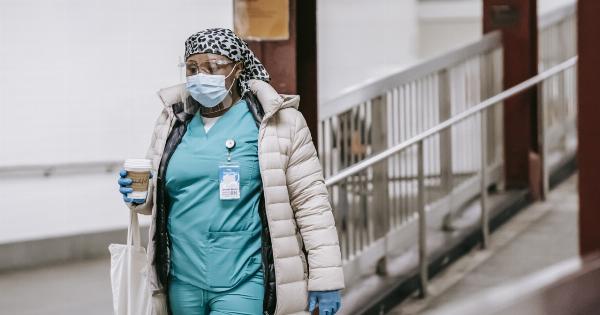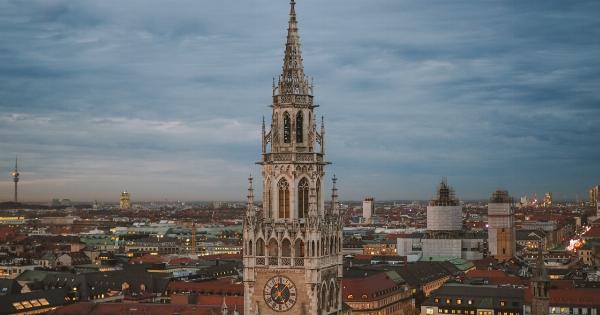With the recent outbreak of the Ebola virus in West Africa, global health leaders have gathered to discuss strategies for containing the disease and preventing its spread.
The World Health Organization (WHO) has already declared the outbreak a public health emergency of international concern, and the situation continues to evolve rapidly. In this article, we will explore the latest developments in the Ebola outbreak and what global health leaders are doing to respond to this crisis.
What is Ebola Virus?
The Ebola virus is a highly infectious virus that causes a severe and often fatal illness in humans and other primates. It was first identified in 1976, during two simultaneous outbreaks in Sudan and Congo.
Since then, there have been several outbreaks of Ebola in Africa, including the current outbreak in West Africa.
The Current Ebola Outbreak in West Africa
The current Ebola outbreak in West Africa is the largest and most complex outbreak of the disease to date. It began in Guinea in December 2013 and has since spread to Liberia, Sierra Leone, Nigeria, and Senegal.
As of October 2014, there have been over 9,000 reported cases of Ebola and over 4,500 deaths.
The Challenges of Containing Ebola
The Ebola virus is easily spread through close contact with the bodily fluids, blood, or organs of infected individuals.
This makes it difficult to contain and control the disease, particularly in countries with weak health systems and limited resources. The outbreak has also been exacerbated by the reluctance of some communities to seek medical treatment or cooperate with health workers, as well as the lack of effective treatments or vaccines for the disease.
Global Health Leaders’ Response to the Ebola Outbreak
Global health leaders have responded to the Ebola outbreak with a range of strategies and interventions aimed at containing the disease and preventing its spread. These include:.
1. Mobilizing Resources and Personnel
The WHO and other organizations have mobilized significant resources and personnel to respond to the Ebola outbreak.
This includes sending medical teams, equipment, and supplies to affected countries, as well as coordinating with governments and local partners to support the response effort.
2. Strengthening Health Systems
Global health leaders have also emphasized the need to strengthen health systems in affected countries, in order to better respond to the Ebola outbreak and prevent future epidemics.
This includes improving the availability of diagnostic tests and treatments, as well as investing in training and capacity building for health workers.
3. Social Mobilization and Community Engagement
Community engagement and social mobilization have been key strategies in the Ebola response effort.
This includes working with local leaders and communities to raise awareness about the disease, promote preventive measures such as hand washing and safe burial practices, and address concerns and fears related to the outbreak.
4. Research and Development
The Ebola outbreak has also highlighted the need for increased research and development of treatments and vaccines for the disease.
Several experimental treatments and vaccines are currently being tested, and global health leaders have called for increased investment in research and development in this area.
Conclusion
The current Ebola outbreak in West Africa is a serious public health emergency that demands a coordinated and sustained response from global health leaders.
While significant progress has been made in containing the disease and preventing its spread, much more work needs to be done to ensure that affected communities have adequate access to healthcare, social support, and interventions that can help them recover from this devastating outbreak.






























